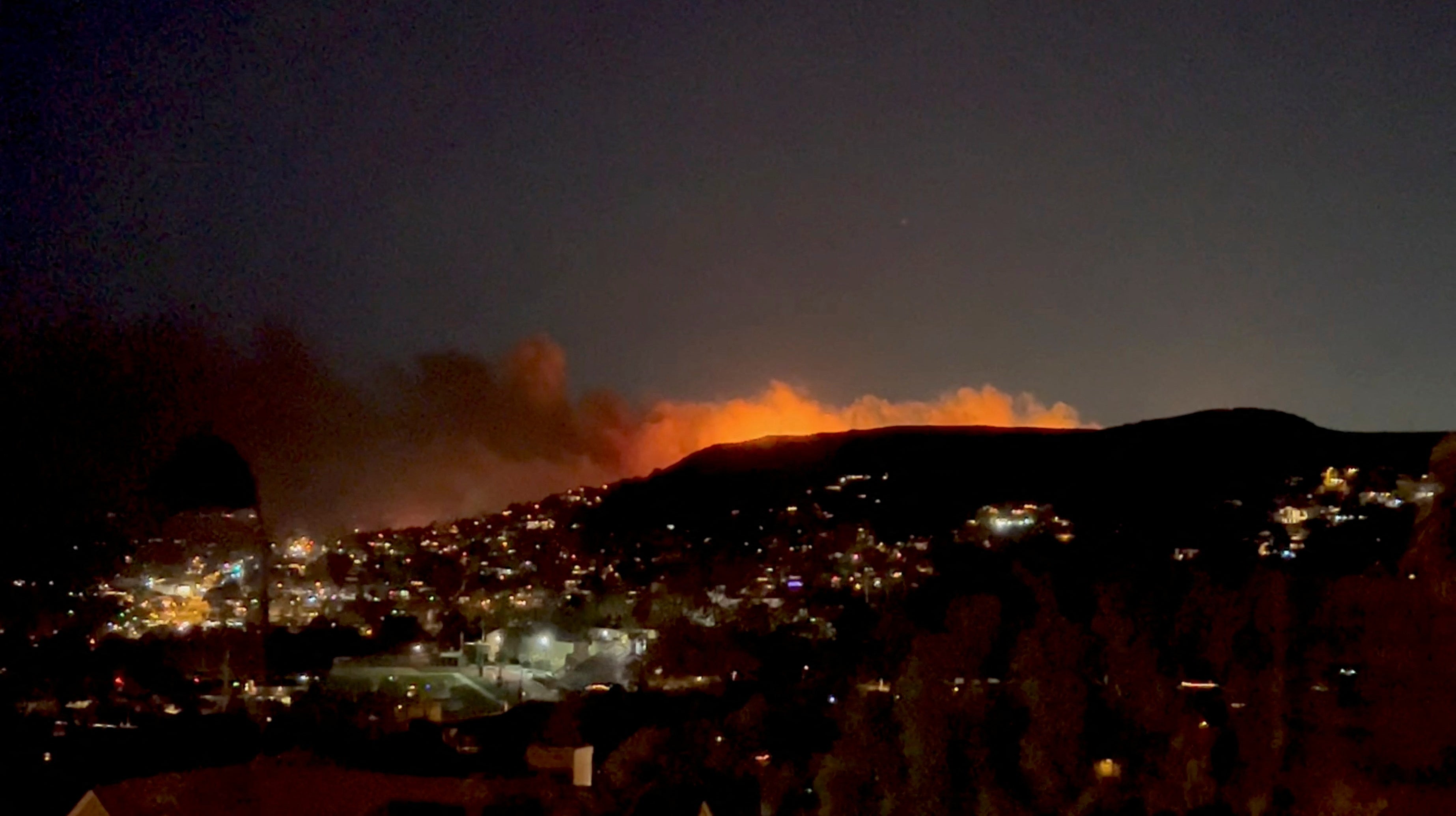Deadly wildfires and noise pollution among critical environmental threats, UN warns
The UN is urging governments around the world to tackle wildfires, noise pollution, and life cycle disruption

Your support helps us to tell the story
From reproductive rights to climate change to Big Tech, The Independent is on the ground when the story is developing. Whether it's investigating the financials of Elon Musk's pro-Trump PAC or producing our latest documentary, 'The A Word', which shines a light on the American women fighting for reproductive rights, we know how important it is to parse out the facts from the messaging.
At such a critical moment in US history, we need reporters on the ground. Your donation allows us to keep sending journalists to speak to both sides of the story.
The Independent is trusted by Americans across the entire political spectrum. And unlike many other quality news outlets, we choose not to lock Americans out of our reporting and analysis with paywalls. We believe quality journalism should be available to everyone, paid for by those who can afford it.
Your support makes all the difference.Wildfires are more severe and frequent and urban noise pollution is growing into a global public health menace, the UN has warned.
The UN Environment Programme (UNEP) Frontiers Report raises fears that wildfires and noise pollution, as well as disruptions to natural life cycles, are causing serious ecological consequences.
The document states an average of about 423 million hectares of the Earth’s land surface – an area about the size of the entire European Union – burned each year between 2002 and 2016.
“An estimated 67% of the annual global area burned by all types of fires, including wildfires, was on the African continent,” it added. “Dangerous wildfire weather conditions are projected to become more frequent and intense and to last longer, including in areas previously unaffected by fires.
“This is due to climate change, including hotter temperatures and drier conditions with more frequent droughts. Land-use change is another risk factor, including commercial logging and deforestation for farms, grazing land, and expanding cities.”
Wildfires also generate black carbon and other pollutants that can pollute water sources, cause glacier melt, trigger landslides and large-scale algal blooms in oceans, and turn carbon sinks such as rainforests into carbon sources.
The report also highlights the health impacts of unwanted, prolonged and loud sounds in urban areas. This includes chronic annoyance and sleep disturbance, resulting in severe heart diseases, diabetes, hearing impairment, and poorer mental health.

Noise pollution already leads to 12,000 premature deaths each year in the EU and affects one in five EU citizens. It is also a threat to animals, altering communications and the behaviour of various species, including birds, insects, and amphibians.
“The Frontiers Report identifies and offers solutions to three environmental issues that merit attention and action from governments and the public at large,” said Inger Andersen, Executive Director of UNEP.
“Urban noise pollution, wildfires and phenological shifts – the three topics of this Frontiers report – are issues that highlight the urgent need to address the triple planetary crisis of climate change, pollution and biodiversity loss.”
The report also warns of phenological mismatches – disruptions in the timing of life cycle stages in natural systems.
Plants and animals in terrestrial, aquatic and marine ecosystems use temperature, day-length or rainfall as cues for when to unfold leaf, flower, bear fruit, breed, nestle, pollinate, migrate or transform in other ways.
Phenological shifts occur when species shift the timing of life cycle stages in response to changing environmental conditions altered by climate change.
These phenological shifts are increasingly disturbed by climate change, pushing plants and animals out of synch with their natural rhythms and leading to mismatches, such as when plants shift life cycle stages faster than herbivores.
Join our commenting forum
Join thought-provoking conversations, follow other Independent readers and see their replies
Comments